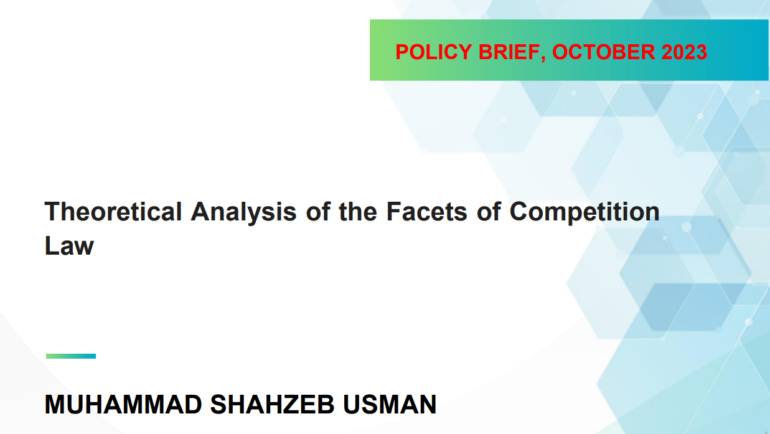Policy Brief 20/05/2024
In the last ten years, India and Pakistan have been in a tug of war for the
Geographical Indication (‘GI’) of Basmati rice. GI is very similar to trademarks as it
relates to the quality and characteristics that can be only attributable to a specific
region. World Intellectual Property Organization (‘WIPO’) notes: “To function as a GI,
a sign must identify a product as originating in a given place. In addition, the qualities,
characteristics, or reputation of the product should be essentially due to the place of
origin. Since the qualities depend on the geographical place of production, there is a
clear link between the product and its original place of production.” Protected
Geographical Indication (PGI) further requires that “at least one stage of production,
processing, or preparation of the item covered by the GI takes place in the designated
region.” India claims that qualities that distinguish Basmati from other species of rice
are due to the land of origin of Basmati which is in India. However, Pakistan contends
that Basmati does not originate only from India and is a product which is common to
both India and Pakistan.



